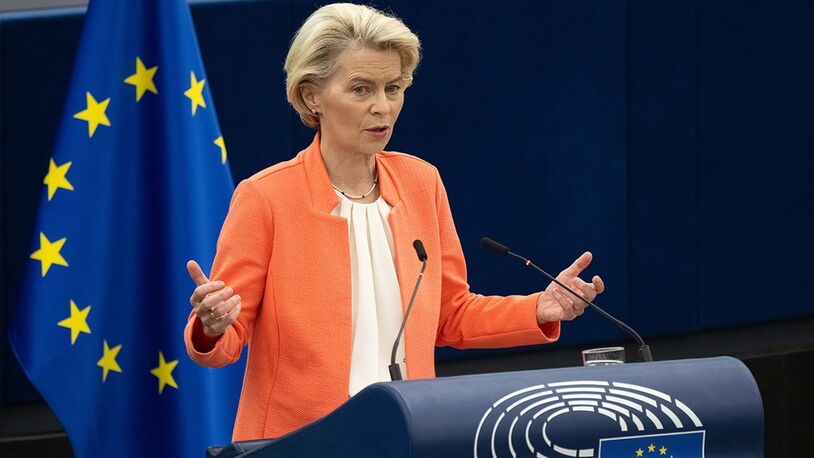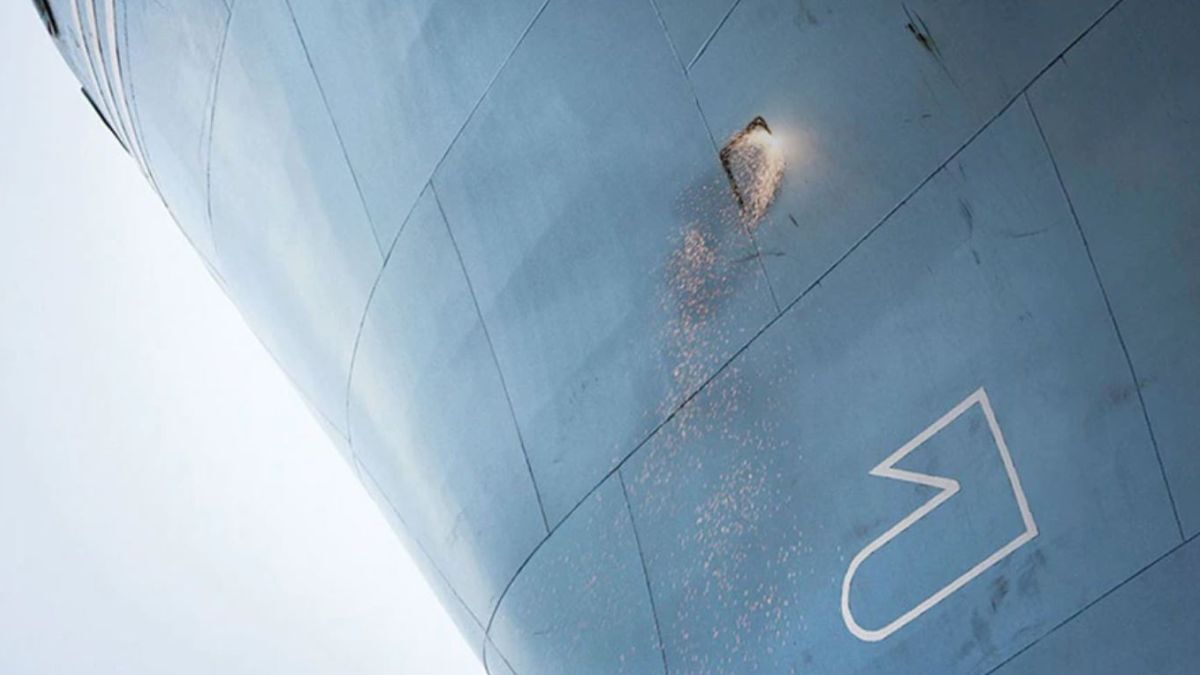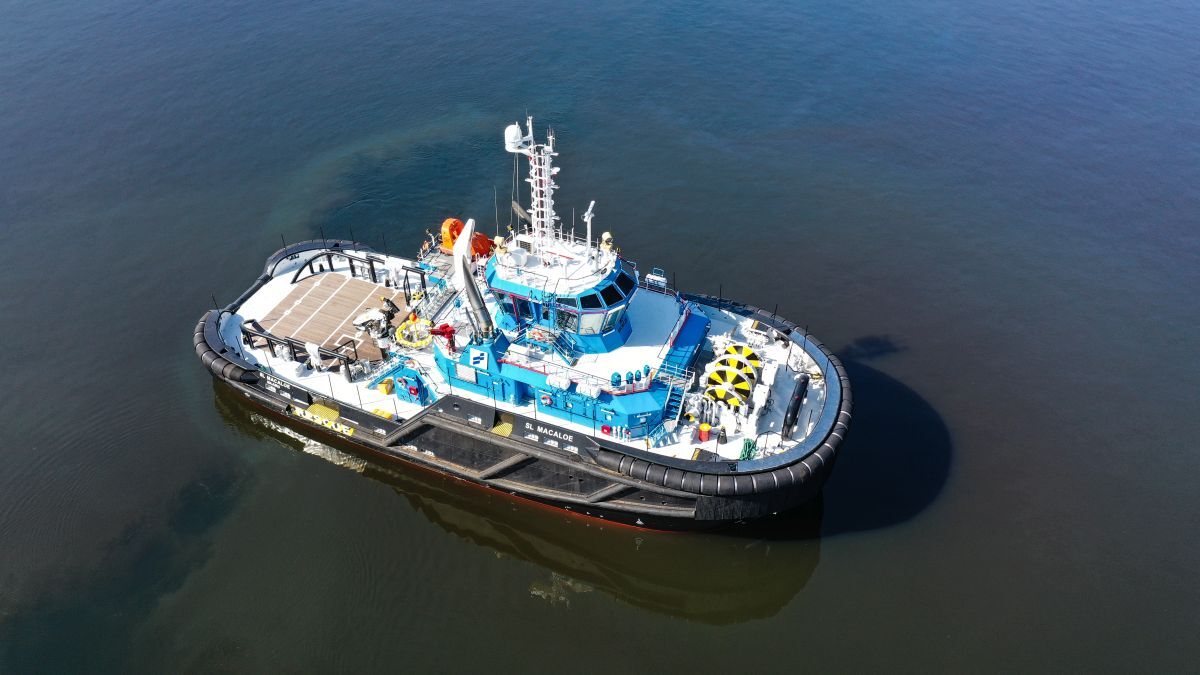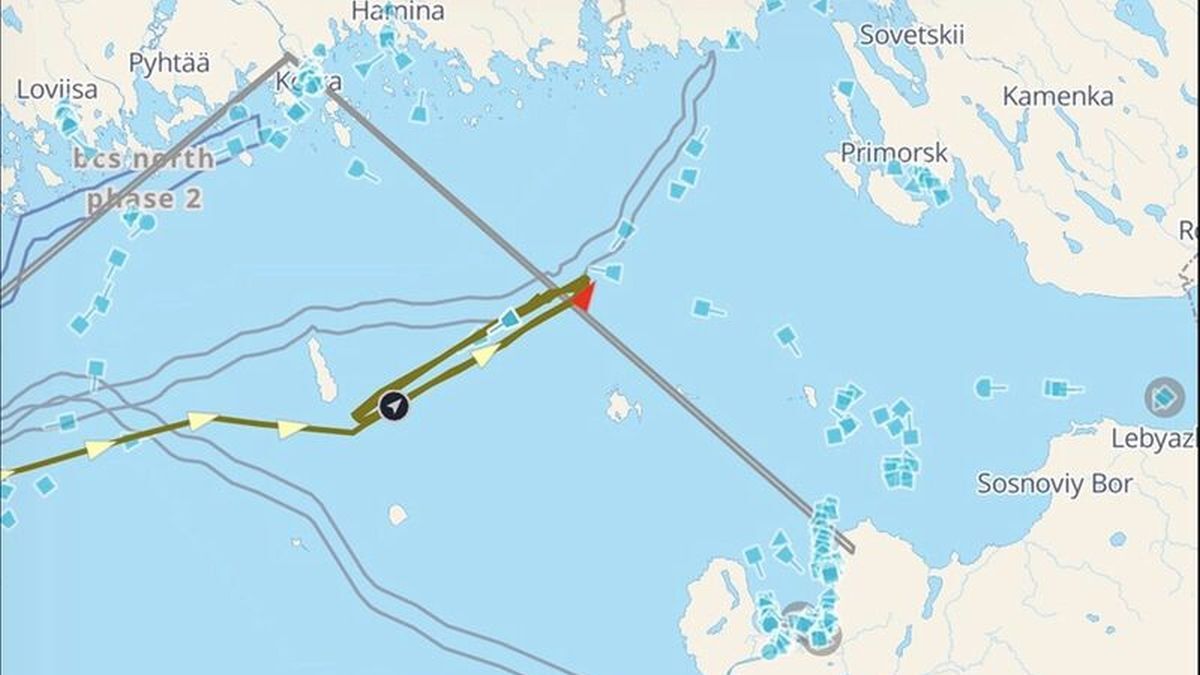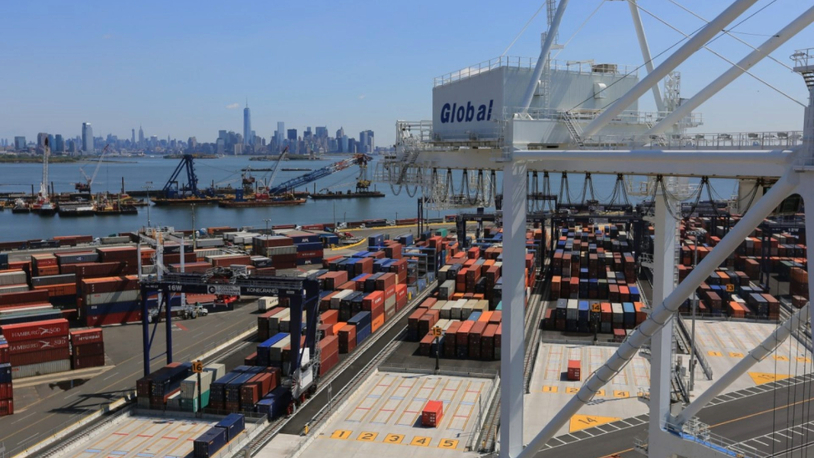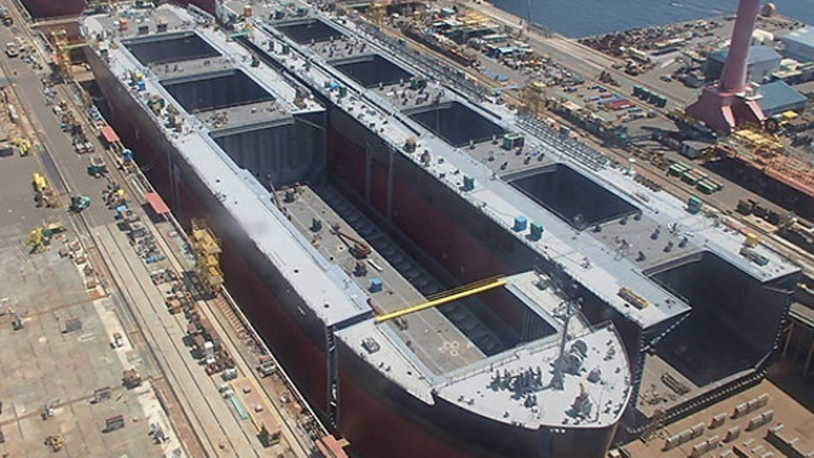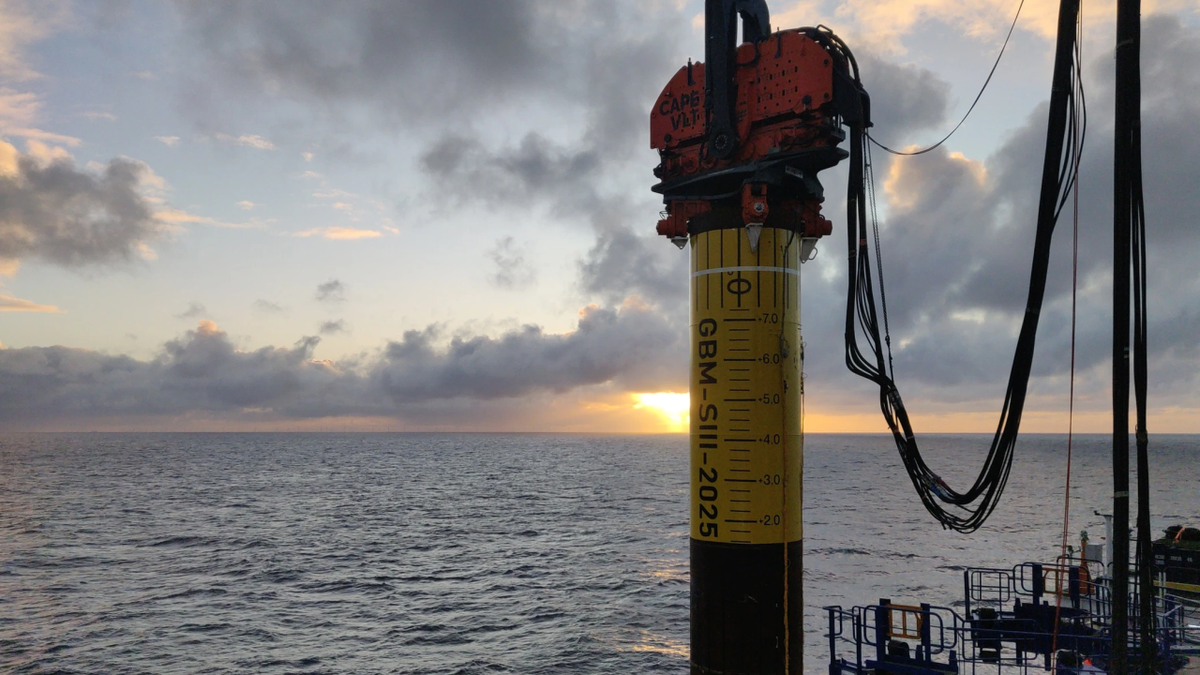Business Sectors
Events
Contents
Register to read more articles.
Miracle Hope outcome: indemnities are enforceable along the charterparty chain
The court found that the novation of an intermediate sub-charter to the charterer’s related company did not prevent the indemnities passing along the charter chain
Ocean Light Shipping Inc time-chartered the 2019-built, 318,700 dwt VLCC tanker Miracle Hope to Trafigura Maritime Logistics Pte Ltd; Trafigura sub-chartered to Clearlake Chartering USA Inc; and Clearlake sub-chartered to Petrobras for the carriage of an oil cargo from Brazil to China.
The cargo had been sold by a subsidiary of Petrobras to Hontop Energy (Singapore) Pte Ltd (Hontop), which had financed the purchase through an irrevocable letter of credit issued by Natixis Singapore bank.
The two sub-charters were on materially back-to-back terms, based on the Shellvoy 6 contract form, which contains deemed letter of indemnity (LOI) wording, with the LOI subject to English Court jurisdiction.
Some of the cargo was subsequently discharged in China without presentation of the original bills and as against indemnities provided under the relevant charters. After discharge and delivery took place, Clearlake Shipping Pte Ltd replaced Clearlake Chartering in the sub-charter with Trafigura by way of an addendum.
Hontop became insolvent and Natixis bank arrested the vessel in Singapore, alleging that it had not been reimbursed by Hontop under the letter of credit. Natixis sought security from Ocean Light for its mis-delivery claim, which it brought as lawful holder of the original bills of lading. This led to claims for indemnity (including security sufficient to enable the vessel to be released from arrest) down the chain of LOIs, but no indemnity was forthcoming up the chain.
In due course, the English Court made orders against both Clearlake and Petrobras requiring them to provide security to Natixis bank so that the arrest could be lifted. Ocean Light had obtained similar relief against Trafigura in arbitration.
“Trafigura lost a follow-on fixture and sought to claim its loss of profit, as well as the expenses it incurred as a result of the vessel’s arrest”
As a result of the arrest, however, Trafigura lost a follow-on fixture and sought to claim its loss of profit, as well as the expenses it incurred as a result of the vessel’s arrest. Both Clearlake and Petrobras disputed the claims under their respective LOIs.
The Court concluded that the two Clearlake entities intended that there should be an internal indemnity that was binding between them and so was capable of enabling any obligations that arose from compliance with Petrobras’ delivery orders to be passed along the charter chain. The indemnity claims were upheld and Trafigura was entitled to recover in respect of its losses
Ince comment
The court has once again demonstrated that it will not allow parties to LOIs to escape easily from their liabilities, particularly on technicalities. However, in order to avoid disputes of this nature, it is important to check LOI and charterparty wording carefully to avoid inconsistencies and unclear language. Particularly where there is a charterparty chain and a series of LOIs, as in this case, it is worth ensuring that indemnity obligations are as back-to-back as possible and that any intra-group arrangements do not have undesirable consequences.
*This article was originally published by Ince in November 2022 here (www.incegd.com/en/news-insights/maritime-shipping-e-brief-november-2022) and co-authored by Partner, Charles O’Connor and Professional Services Lawyer, Reema Shour. The article does not constitute legal advice.
Related to this Story
Events
Offshore Support Journal Conference, Americas 2025
LNG Shipping & Terminals Conference 2025
Vessel Optimisation Webinar Week
© 2024 Riviera Maritime Media Ltd.



